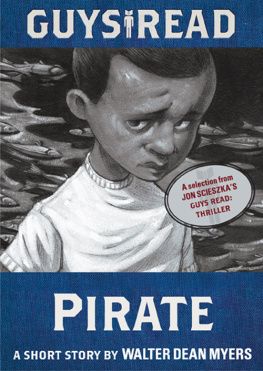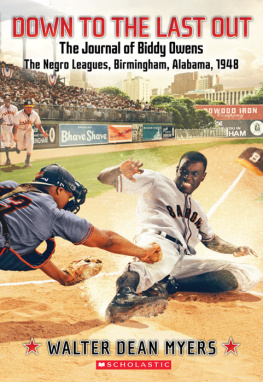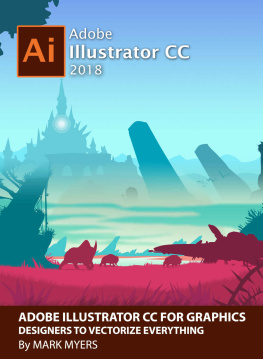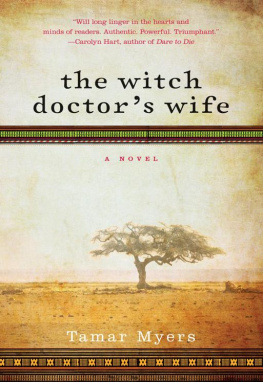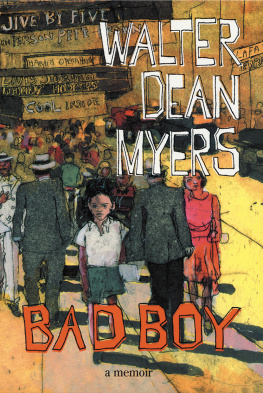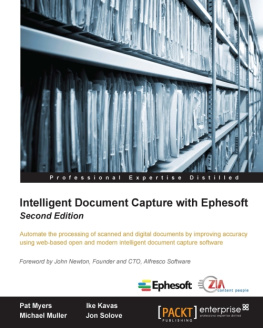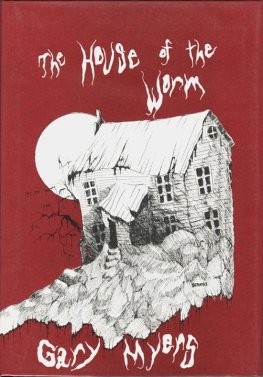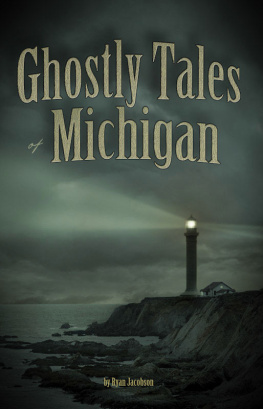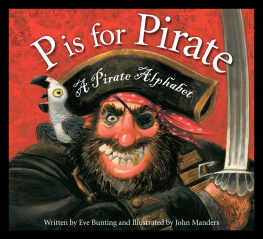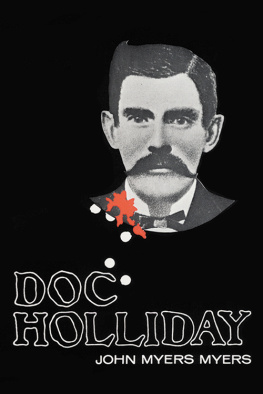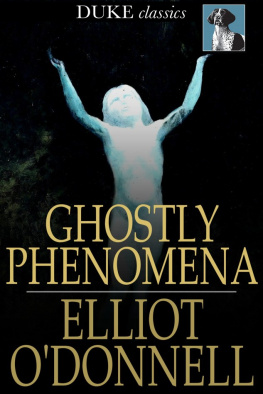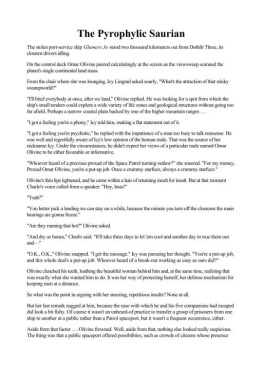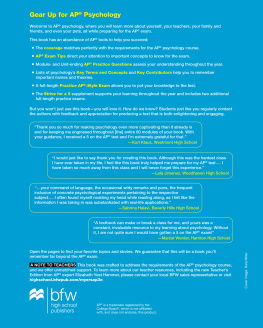Myers - Pirate
Here you can read online Myers - Pirate full text of the book (entire story) in english for free. Download pdf and epub, get meaning, cover and reviews about this ebook. year: 2011, publisher: HarperCollins, genre: Art. Description of the work, (preface) as well as reviews are available. Best literature library LitArk.com created for fans of good reading and offers a wide selection of genres:
Romance novel
Science fiction
Adventure
Detective
Science
History
Home and family
Prose
Art
Politics
Computer
Non-fiction
Religion
Business
Children
Humor
Choose a favorite category and find really read worthwhile books. Enjoy immersion in the world of imagination, feel the emotions of the characters or learn something new for yourself, make an fascinating discovery.
Pirate: summary, description and annotation
We offer to read an annotation, description, summary or preface (depends on what the author of the book "Pirate" wrote himself). If you haven't found the necessary information about the book — write in the comments, we will try to find it.
Pirate — read online for free the complete book (whole text) full work
Below is the text of the book, divided by pages. System saving the place of the last page read, allows you to conveniently read the book "Pirate" online for free, without having to search again every time where you left off. Put a bookmark, and you can go to the page where you finished reading at any time.
Font size:
Interval:
Bookmark:
GUYS READ
Pirate
Walter Dean Myers
A Short Story from
Guys Read: Thriller
Edited and with an Introduction by Jon Scieszka
With Illustration by Brett Helquist

Contents
Pirate
by Walter Dean Myers

M y name is Abdullah Syed Hari. My great-grandfather was born in a gleaming white house just southeast of Marka. He was a fisherman who had worked those waters for all of his life. My grandfather, too, was a fisherman. His black hands were hard and the fingers twisted from years of pulling the nets into the boats, mending them in bad weather, and so full of salt that he could not feel my face except by turning his hands so that the backs would touch my cheek. My fathers gift was music and he played in the evenings after coming home from a day on the sea and the songs soothed me when I was a child. In the wars before I was born, clan against clan, friend against friend as Somalia tore itself apart, he was wounded and made cripple. I am Abdullah Syed Hari. I am a Muslim, the very servant of God. I am fourteen years of age. And I am a pirate.
My father tells me that when the first foreign boats came, our fishermen didnt think much of them. But soon we saw that what they could do was far more than what we could do. We had boats and they had ships with huge nets that caught five times as many fish as our boats could even carry. Sometimes their steel ships would push our boats from the best fishing grounds.
Their fishing boats could eat ours, my friend Kambui said, and still be hungry.
This was certainly how it seemed to me. They came from Norway and Germany and Japan and from all the countries of the world beyond Somalia.
Other ships came, too. Sometimes they would drop barrels into the water, barrels mostly sealed, but some of them leaked a fluid that turned the water dark. Some of the fish off the shore began to die. They would float onto the beach, their bodies white and shining under the hot sun, until the tide left them to rot and for the gulls to eat.
Then the gulls began to die.
Obe Bashir Hari, my uncle, said that what we must do was plain for all the world to see.
We have to fight back or watch our families starve, he said. They want to pretend that they dont see us, but we must insist upon being seen. This was what he said to my cousin and my father when he first became a pirate. When my father asked if I would go with them, my uncle looked at me and felt my arm.
Yes, he said. The boy is old enough to fight. He should go.
They are polluting our lives, my father explained to my mother. They are making even our dreams dirty.
My mother looked at me sadly and nodded. She had often spoken about how many boys from Marka had already gone.
They have to take you young people to do the killing and the dying, she said. The rest of us are already too tired of it all.
The evening that we left she put her hand on my arm and told me to walk with God. But even as she spoke she looked away.
Mussa Cali is nineteen years old and he is our leader. He is very black in color and also speaks well. He first went to war when he was sixteen and the enemy was the peacekeepers with their blue United Nations peacekeeper helmets. They had tried to stop the people from raiding the government food stores. The peacekeepers were beaten back but he had sustained a scar across his forehead that seemed to move when he was angry. Then he had teamed up with the Volunteers, who provided weapons when they were needed by anyone who attacked the foreigners. They also took part of whatever was taken. Mussa sometimes talks about how the foreigners have no business in our waters, but I know he is a pirate because he likes the money he gets. He has bought a motorbike for himself and for his uncle, who tears around the city like a madman.
This was my second trip. The first trip we got nothing because an American navy boat came up on us as we neared our target and we had to turn away.
Our boat, six meters long with two nearly new engines, was called Raqq al-Habib , after a song the owner liked. If we were successful we would paint it over and change the name before going out again. Our families came to the beach with us and kissed us many times before leaving. Then the guns were handed out and packages of cooked rice and spicy lamb. When I was handed a gun, my heart pounded in my chest. I told myself to look calm and I tried to think calm thoughts, but I knew I was close to shaking, I was so afraid. The men kissed Mussa on both cheeks and embraced us all.
Its good to see young warriors. A man with a small stubble of a beard touched my head.
The Habib was a very special boat. It had a false tiller mounted on the back that had no real use and a wheel in the cabin. My uncle said that the tiller made it look like a slow boat but the twin screws would let it fly across the water.
I had a band of ammunition that was slung across one shoulder and that came down past my waist to my hip. My uncle showed me how to release the safety of the AK-47.
You will know who the enemy is and where to point the gun when the time comes, he said. His voice was higher than it was in the marketplace or when he sang at home. It was high and wavered and I knew that somewhere inside of him there was also fear.
I said a small prayer to God and told him that I did not want to die, knowing that if he could read my heart he already understood this. There were seven of us altogether, and I imagined seven prayers drifting to heaven.
Mussa let the boat drift without turning on the engines, watching the water lap along its sides, letting the strength of the tide rock us gently. It would be a weak tide, someone said. A weak tide on a dark night.
When satisfied that he knew the tide, Mussa turned on one of the engines. The Habib started off toward the middle of the gulf.
When I was young I used to sit by the old piers, sometimes on one of the pilings they used to moor large boats, and dream of a time when strangers came to Somalia in boats with huge masts and gleaming white sails cutting across the blue sky. My mother, with a smile in her voice, called me a dreamer.
Everyone under cover except Abdullah, Mussa said when we had reached a point where the tide was most affected by the opening to the gulf. I watched as the others crowded into the small cabin.
Mussa turned out the light and let the boat drift. I peered into the darkness but saw nothing except shadows that could have been only in my mind. Then, in a moment when the clouds parted and allowed rays of the dim moon to shine through the fog, I saw our target.
The yacht was twice as big as our boat, with a high cabin just ahead of the boats center. It was moving slowly through the fog and darkness, its wake barely troubling the water. I looked at my watch. Nearly midnight. The sidelights swept over us as it sounded a warning blast of its horn.
Its coming toward us, Mussa! I called to him.
Sh! Mussa worked the false tiller to make it look like he was trying to turn away.
The fog was thin and I could see the sleek white boat slow and turn. There was a rail around the wheelhouse.
Brriiing! Brriiing! Its alarm sounded again. I looked at Mussa as he turned toward the yacht and shrugged his shoulders.
Brriiing! Brriiing!
The alarm sounded again and I could see someone in the wheelhouse moving. The yacht veered sharply to its right and I could hear the engine of the Habib rev up for a second, putting us at an angle as the two boats drew closer together.
Next pageFont size:
Interval:
Bookmark:
Similar books «Pirate»
Look at similar books to Pirate. We have selected literature similar in name and meaning in the hope of providing readers with more options to find new, interesting, not yet read works.
Discussion, reviews of the book Pirate and just readers' own opinions. Leave your comments, write what you think about the work, its meaning or the main characters. Specify what exactly you liked and what you didn't like, and why you think so.

